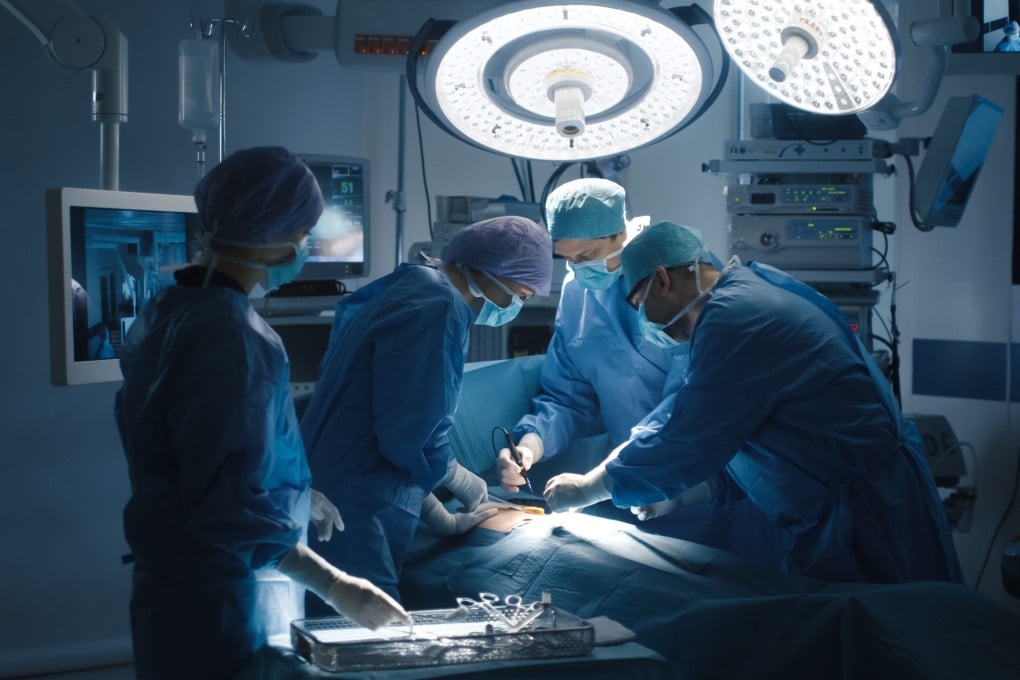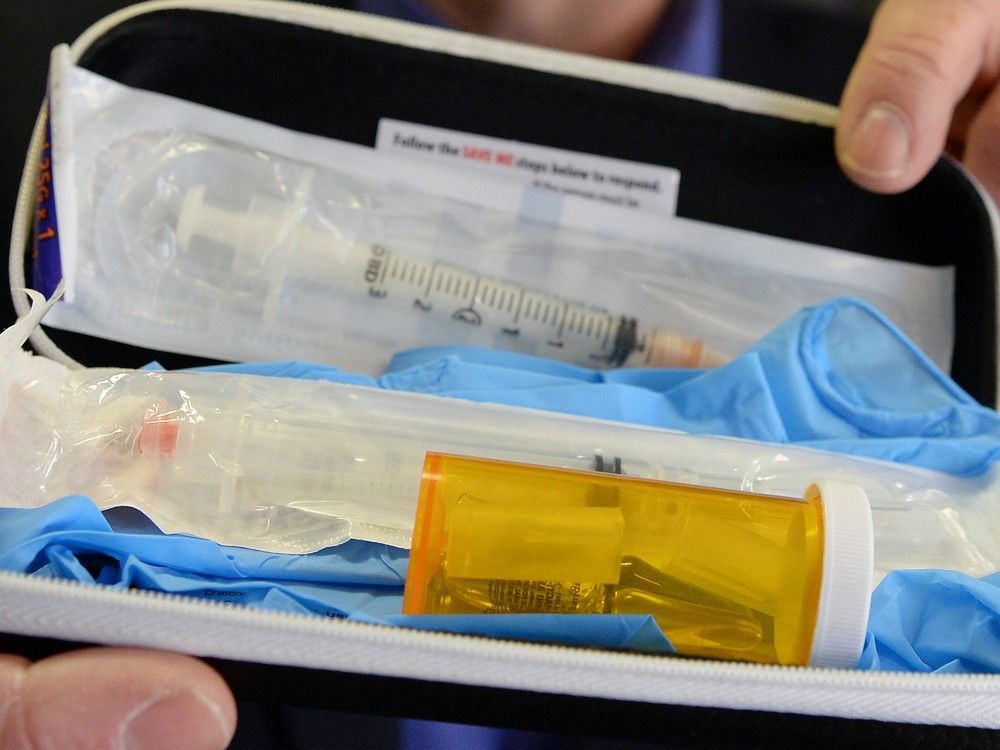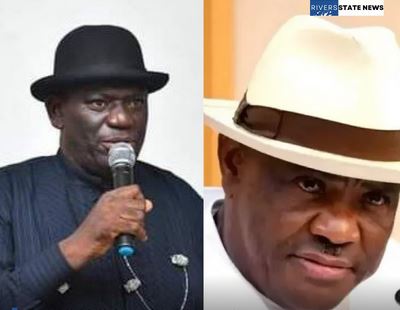
Organ donations from dead people remain culturally sensitive in Hong Kong. As a result it has one of the world’s lowest donation rates. This is despite persuasive evidence of how much of the selfless gift of life, or a better life, lies within the power of a single donor.
In the past two years, the organs of 54 deceased donors saved the lives of 138 patients, while 56 people with kidney or liver failure benefited from living donations in the same period, according to Society of Transplantation council president James Fung Yan-yue. With such statistics, it is little wonder that a record 400,000 or so residents have now submitted their intention to donate body parts to the Centralised Organ Donation Register, up from 360,000 in 2023. Secretary for Health Lo Chung-mau was among the first to welcome the news.

From a population of 7.5 million, that is a modest increase, yet one that potentially can make the difference between life and death, or sickness and health, to more than 2,600 patients waiting for a critical transplant. Speaking at an organ donation event, Lo said, rightly, there was room for improvement, while describing organ donation as a “selfless” and “mighty” act as families facing loss and agony were willing to make other households complete.
Cultural sensitivities about keeping the body of a loved one who has died intact must be respected. Individuals and families should be free to reflect on such issues in their own time. Meanwhile, with long waiting lists for various transplants, medical teams and their supporters may only do their best to educate the public about the good that can be spread by leaving and complying with wishes for organ donation, for example by sharing inspiring stories of such selfless acts.
.















